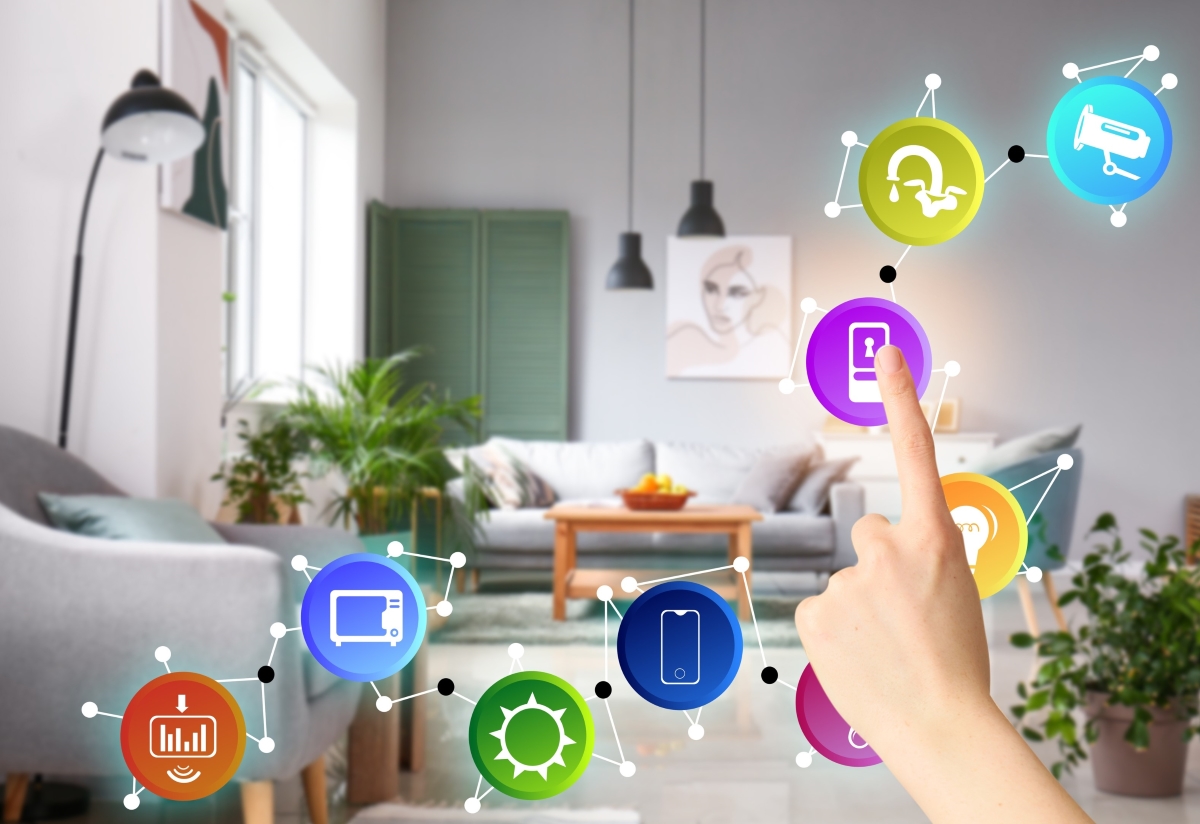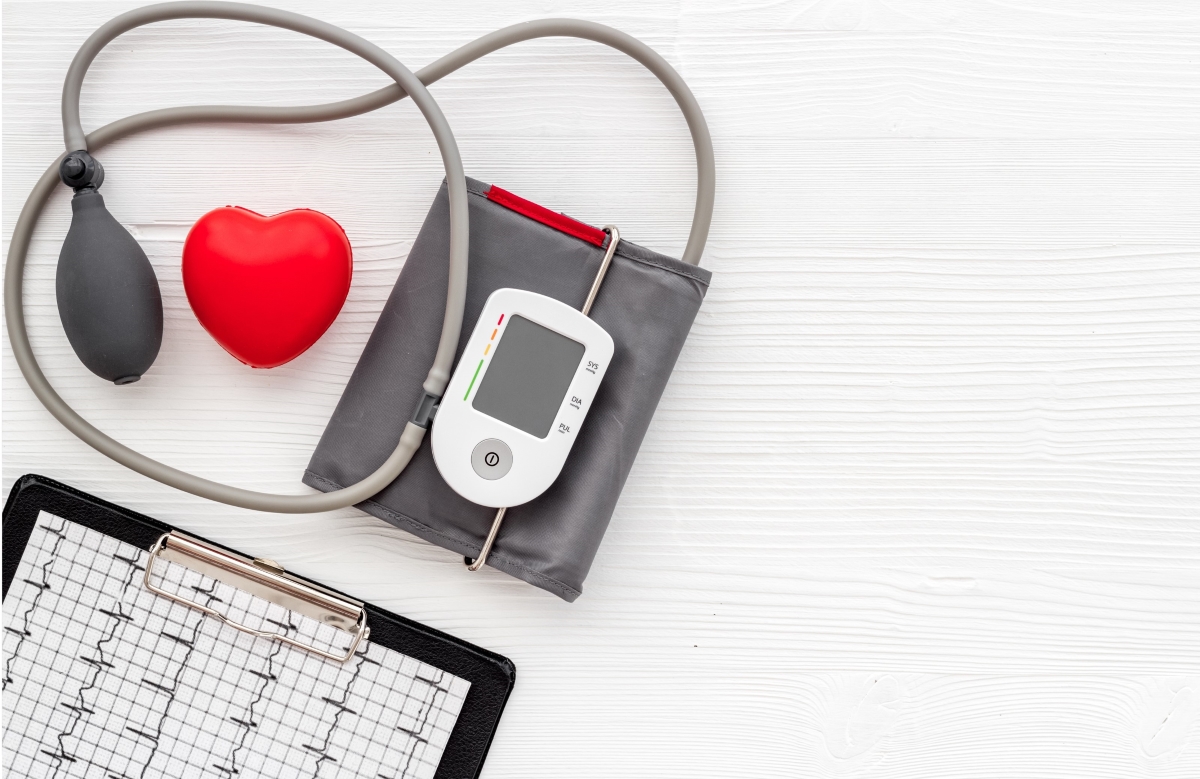

In today’s fast-paced world, technology often feels like it moves faster than we can keep up with. However, one technological advancement that stands out as particularly beneficial for seniors is the rise of digital assistants. These smart, voice-activated devices are more than just gadgets—they offer a range of solutions designed to enhance the daily lives of older adults. Whether you’re already familiar with these devices or are just learning about them, digital assistants can bring convenience, safety, and connectivity into your life. Let’s explore how these smart solutions can transform life for seniors.
1. Simplifying Daily Tasks

Digital assistants like Amazon’s Alexa, Google Assistant, and Apple’s Siri are designed to make everyday tasks easier. Using your voice, you can set reminders, create shopping lists, or control smart home devices. Let’s delve deeper into how these tasks can simplify your daily routine:
- Setting Reminders: Forgetting important tasks or appointments can be challenging, especially with a busy lifestyle. Digital assistants allow you to set verbal reminders for taking medication, attending appointments, or even daily activities like watering plants or feeding pets. For instance, you can say, “Alexa, remind me to take my medication at 8 AM every day,” Alexa will alert you at the specified time.
- Creating Shopping Lists: Need to remember what to pick up from the store? Just tell your assistant to add items to your shopping list, and it will keep track of you. You can access this list on your phone or smart device when shopping. For example, you can say, “Hey Google, add milk and bread to my shopping list,” the items will be added instantly.
- Controlling Home Devices: If you have smart lights, thermostats, or even smart locks, you can control these devices with your voice. Imagine adjusting the temperature or turning off the lights without getting up. You might say, “Siri, turn down the thermostat to 72 degrees,” Siri will adjust it for you.
2. Enhancing Safety and Security

Digital assistants can significantly enhance safety and security in the home. Here are some key features that provide peace of mind:
- Emergency Assistance: Many digital assistants can be programmed to call emergency contacts or 911 if needed. You can set up voice-activated emergency commands to ensure help is just a call away in an urgent situation. For example, you can say, “Alexa, call my daughter,” and Alexa will place the call if you can’t reach your phone.
- Fall Detection Integration: Some smart home systems can integrate with fall detection sensors. If a fall is detected, the system can alert emergency contacts or services, providing an extra layer of security. This integration ensures that even if you cannot reach your digital assistant, help will still be on the way.
- Smart Home Integration: Digital assistants can work with home security systems to monitor and control cameras, alarms, and locks. You can check on your home while away or ensure all doors are locked before bed. For instance, you can say, “Google, show me the front door camera,” to view live footage from your security camera.
3. Staying Connected with Loved Ones

Maintaining social connections is crucial for mental and emotional well-being, and digital assistants can facilitate this in several ways:
- Video Calls: With integrated video calling features, you can easily make video calls to family and friends. This can be especially valuable for staying in touch with loved ones who live far away. For example, you can say, “Alexa, video call my granddaughter,” and you’ll be connected instantly.
- Sending Messages: If typing on a phone or computer is challenging, you can use your digital assistant to send messages. Just dictate your message, and your assistant will handle the rest. You might say, “Hey Siri, send a message to John saying ‘I’m thinking of you,'” and Siri will send it for you.
- Social Reminders: Digital assistants can also help remember important dates like birthdays and anniversaries. You can set reminders to send cards or make phone calls, ensuring you never miss a special occasion. For instance, you can ask, “Google, remind me to call my friend on his birthday next Friday,” and you’ll get a prompt when the time comes.
4. Providing Information and Entertainment

Digital assistants are not just functional—they can also provide a wealth of information and entertainment:
- Answering Questions: Curious about the weather, news, or trivia? Just ask your digital assistant. These devices can provide instant answers to a wide range of questions, helping you stay informed and engaged. You can say, “Alexa, what’s the weather forecast for tomorrow?” and get a detailed update on the weather.
- Playing Music and Audiobooks: Enjoying your favorite music or listening to an audiobook is as simple as asking your digital assistant. Whether you want to listen to relaxing tunes or dive into a good book, your assistant can play it. For example, you might say, “Hey Google, play some relaxing jazz music,” your assistant will start a playlist for you.
- Interactive Games: Many digital assistants offer interactive games and quizzes that can be both fun and mentally stimulating. These can be a great way to pass the time and keep your mind active. You can ask Siri, “Play a trivia game,” and enjoy a range of quizzes designed to challenge your knowledge.
5. Learning and Adapting

One of the most impressive features of digital assistants is their ability to learn and adapt to your needs:
- Personalized Responses: As you use your digital assistant more, it learns your preferences and routines. This personalization means it can offer more relevant reminders, suggestions, and assistance tailored to your lifestyle. For example, if you frequently ask for news updates in the morning, your assistant might offer a daily news briefing as part of your morning routine.
- Continuous Updates: Digital assistants receive regular updates and improvements. This ensures they remain up-to-date with the latest features and capabilities, making them increasingly useful. Your assistant will adapt as new functionalities are added, providing enhanced services and capabilities.
6. Health and Wellness Monitoring

In addition to the benefits mentioned, digital assistants can play a role in health and wellness:
- Fitness Tracking: Some digital assistants can connect with fitness trackers to monitor physical activity. You can ask, “Hey Google, how many steps have I taken today?” and get a summary of your daily activity.
- Health Tips: Digital assistants can offer health tips and information. For instance, you might ask, “Alexa, what are some exercises for seniors?” and receive recommendations tailored to your fitness level and health needs.
- Medication Management: Digital assistants can help manage medication schedules and provide medication information. You can ask, “Siri, what are the side effects of my medication?” and get relevant details to help you stay informed.
Conclusion

Digital assistants represent a remarkable advancement in technology, offering numerous benefits tailored to the needs of seniors. These smart devices can significantly improve your quality of life by simplifying daily tasks, enhancing safety and security, facilitating connections with loved ones, providing information and entertainment, learning from your preferences, and supporting health and wellness.
If you haven’t yet embraced digital assistants, consider starting with a simple device to see how it can fit into your daily routine. Whether it’s setting reminders, making calls, or simply enjoying music, these devices can become valuable companions, helping you navigate daily life easily and confidently. As technology evolves, digital assistants will likely become even more integrated into our lives, offering greater opportunities for convenience and enrichment. Embrace the possibilities and discover how digital assistants can improve your daily life.





